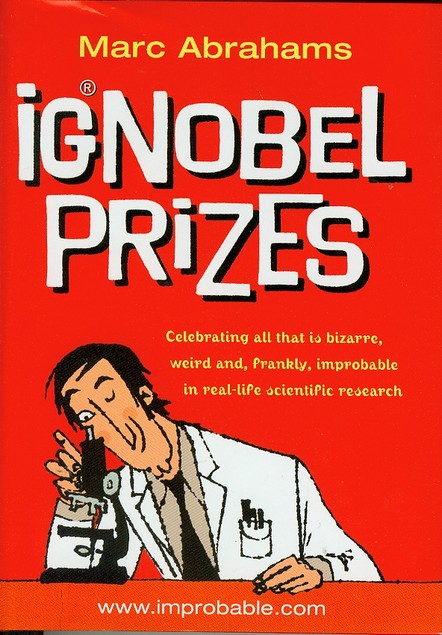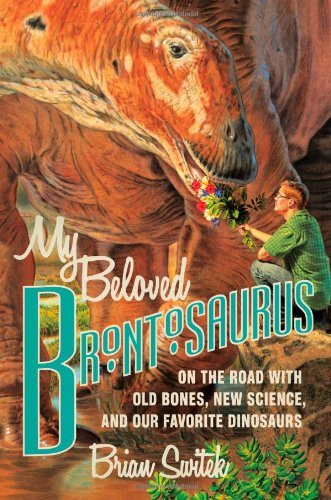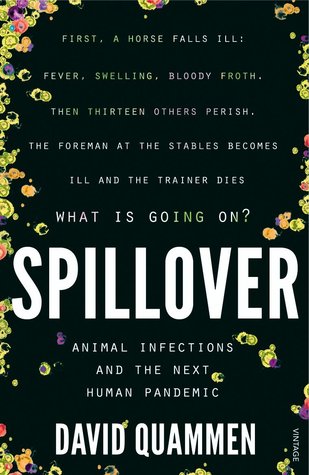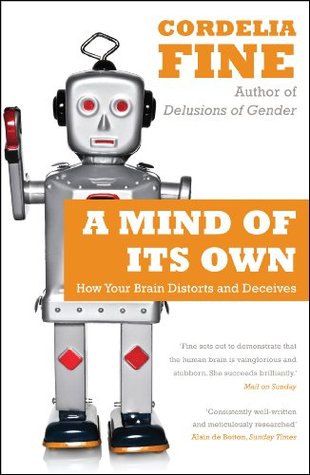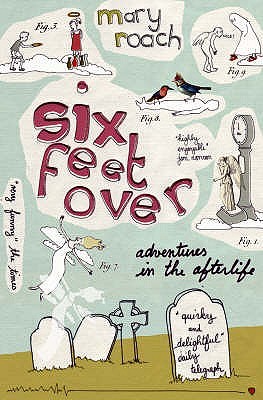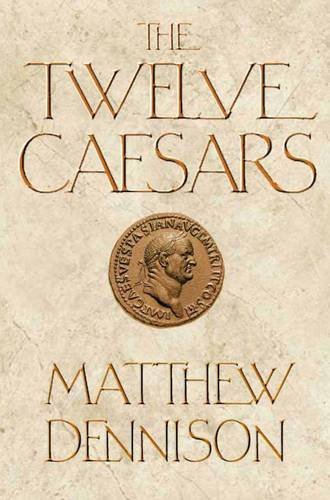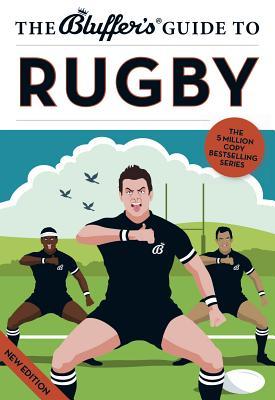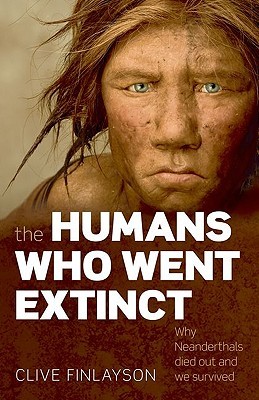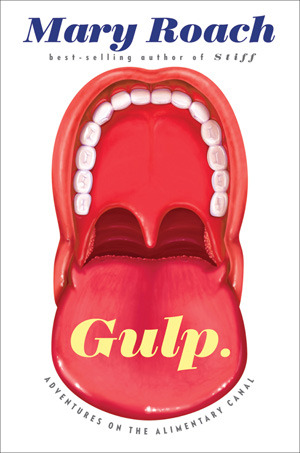Responses to emails and posts and such still pending. Sorry. On the bright side, emails have gone out to all the winners of my Strange Chemistry/Exhibit A giveaway, and all the books are ordered apart from one, so at least I’m doing something.
What have you recently finished reading?
The Brain That Changes Itself (Norman Doidge), which was… very problematic for me. Full review will be on the blog tomorrow, but I found some of his attitudes repugnant, despite how interesting the actual topic is for me.
What are you currently reading?
Many things, as usual, but most notably The Righteous Mind (Jonathan Haidt), which is very interesting so far. It’s actually an expansion of concepts I came across in my moralities class on Coursera, with a lot of overlap with things the professor of that course, Paul Bloom, already mentioned. But it’s nice to read it laid out in such a detailed way, and from another perspective. I haven’t knee-jerked yet, but I can confirm I am definitely very WEIRD (White, educated, industrialised, rich, democratic) in my responses to this kind of thing: of the various moral “receptors” Haidt mentions, I am most pinged by care/harm, and least affected by sanctity/degradation — although I also lack some other interesting features (for example, people who are easily disgusted tend to be politically, socially, etc, conservative: I’m very much a liberal) which are more universal.
And second most actively, Evil Dark (Justin Gustainis). I wasn’t incredibly won over by the first book, despite finding it fun. It’s a bit tropey. I mean, there’s even a fridged wife. But the detective character is actually showing some ability to adapt to changing situations, even when it goes against his deeply held feelings, so I’m intrigued by that.
I’ve also started, if barely, Kameron Hurley’s new book, The Mirror Empire. So far, there’s too much to hold in my head to have made any like/dislike decision yet. I’m intrigued by the gender system and how that works grammatically and socially in this world.
What will you read next?
I’m planning to read The Moral Landscape (Sam Harris), as his views are often touted as the opposite of Haidt’s. (This is another thing that makes me somewhat odd: I have not decided based on the fact that I like Haidt so far that I will dislike Sam Harris; I know he’s considered intelligent and thus will give him a chance.)
Other than that, no plans. I would say I’m somewhat limited by the books I brought with me on my visit to my parents’, but I have my Kobo with me and that’s stocked up like you wouldn’t believe, so that’s not really true. Still, I’m trying to limit myself to the books I’ve brought here or left here before. Some Ngaio Marsh is likely on the horizon.

